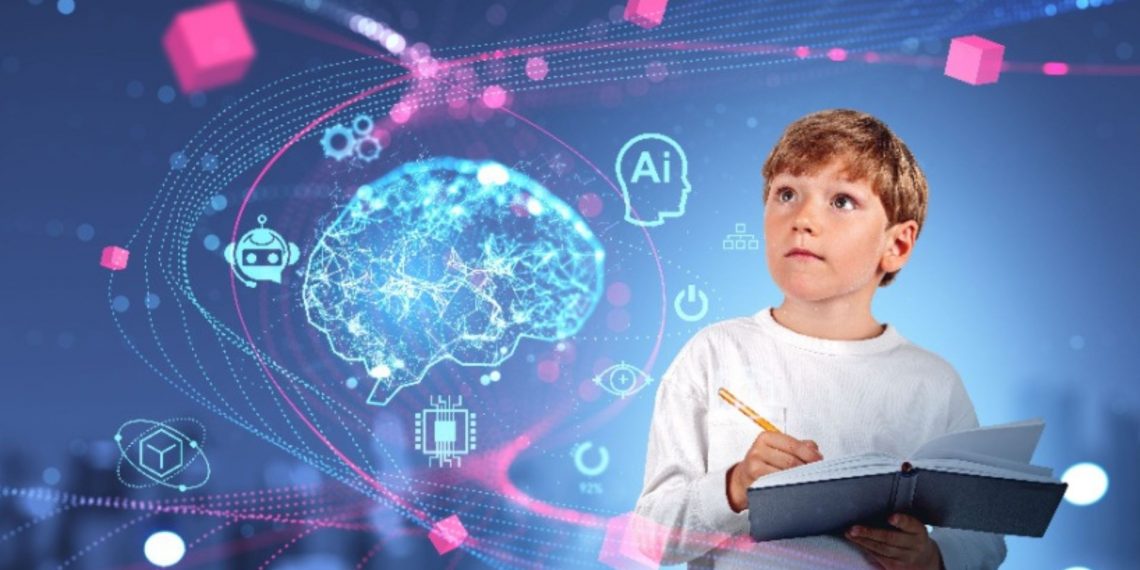The use of AI in education has become an important topic in the changing environment. Everyone is thinking about the same question as AI technology becomes more and more integrated into our daily lives, what Is the impact and role of AI on education in today’s digital era? In this article, we will discuss the role and application of AI in education including its advantages and concerns.
AI’s Rise in Education
As artificial intelligence is capable of offering individual recommendations for different individuals that meet each student’s unique learning requirements, it offers the potential for a person to transform those traditional methods of learning. AI systems analyse huge amounts of data that can provide experts with invaluable information about different learning patterns, strengths, and problems of their students which can be addressed easily. With the use of this based-on-data method, personalized learning pathways that are adapted to the individual needs of every student may be created.
Role of AI in education
Now, we’ll discuss the role of AI in education where AI platforms evaluate large amounts of data on student behaviour, preferences, and learning patterns to customize training as per each student’s needs by utilizing machine learning algorithms. By using AI programs, students believe in getting instant feedback and assistance, thus it helps them to learn difficult subjects as per the feedback.
Artificial Intelligence (AI) helps teachers simplify their tasks and save time by replacing manual evaluation assignments with an automated system of grading which requires less time and effort of teachers. It provides an opportunity to teachers to focus on more important tasks by assisting students and providing them with insightful feedback. It also gives teachers sufficient time to address students’ queries and doubts for better efficiency.
Applications of Artificial Intelligence in Education
Here are a few applications of Artificial Intelligence in education Artificial Intelligence helps teachers in generating automated grading systems and it also integrates a few learning platforms that are suitable for tutoring certain students like us. AI also helps to ease administrative processes and reveal the required data as per an individual’s performance.
To resolve these AI in education examples and fully utilize AI in education, stakeholders need to have conversations and set ethical standards for efficient usage. One must ensure transparency and accountability to show that the AI systems are impartial and equitable.
Skillful Mentoring Programs
Artificially intelligent tutoring platforms driven by artificial intelligence serve as virtual learning partners, offering students individualized guidance and support throughout their education. These systems interact with students in actual time by asking questions, providing explanations, and supplying more resources as required; which is performed by using artificial intelligence techniques and natural language processing (NLP). Effective tutoring systems encourage learning for students and allow them to take control of their education by adapting to each student’s speed and learning preferences as and when required.In summary, there are different views of different individuals regarding the use and application of AI in education. It offers certain benefits to individuals like helping in administrative work, or customizing instructions as per one’s request. Although it also has certain issues with privacy, equity and regarding the role of human educators, the above discussed AI in education examples are considered as efficient for the use of AI. If cooperation and ethical considerations are met, AI can be used as a companion in the education process and would be dedicated to student-centred learning as a priority.




